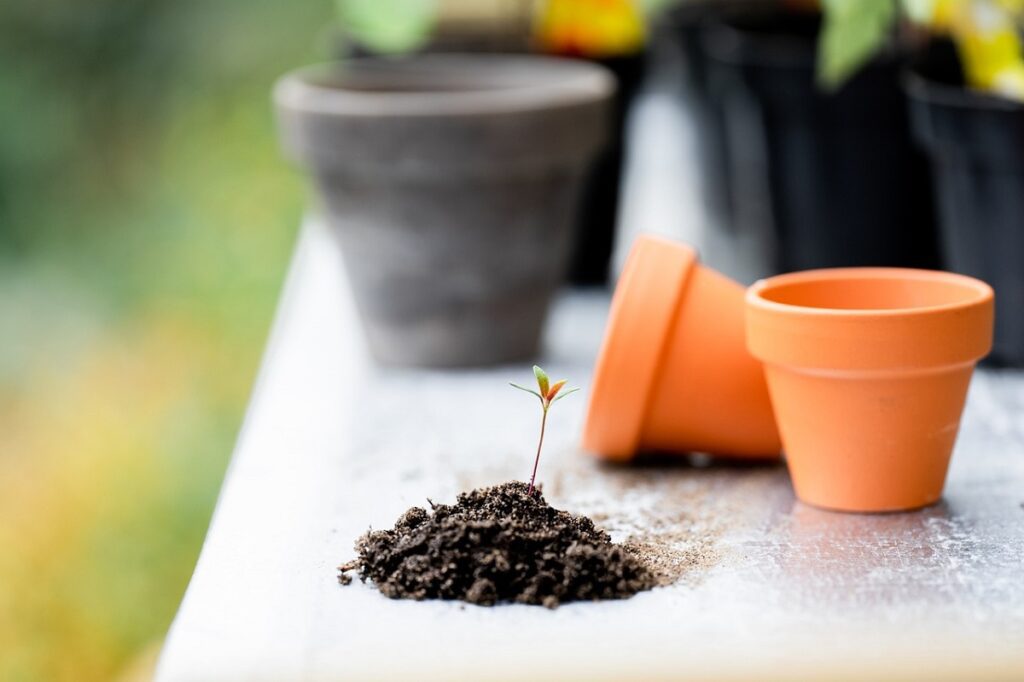December 5 marks the 8th World Soil Day, with the theme, “Soils, where food begins.”
According to the Food and Agriculture Organization of the United Nations (FAO), this year’s campaign “aims to raise awareness of the importance of maintaining healthy ecosystems and human well-being by addressing the growing challenges in soil management, increasing soil awareness, and encouraging societies to improve soil health.”
One of the main soil degradation processes that endanger nutrition is soil nutrient loss. As with any living organism, soil needs a stable and healthy supply of nutrients in order to stay healthy and provide the most optimized yield.
And yes, soil should be treated like a living organism. This is because the soil is a combination of organisms, organic components, and minerals, which are the main source of nutrients for the plants we use in our food system.

However, the process of harvesting crops and plants can damage the nutritive value of the soil. This can lead to the production of nutrient-deficient plants.
FAO states that over 2 billion people are suffering from a lack of micronutrients, a result of a year-long process of nutrient depletion from foods.
[embedyt] https://www.youtube.com/watch?v=7-YMheTIPJo[/embedyt]
How biotechnology can improve the soil
Some soils become nutrient depleted and are unable to support crops as a result of soil degradation. At the same time, other soils have nutrient concentrations that are so high that they constitute a toxic environment for plants and animals, contaminate the environment, and contribute to climate change.
Biotechnology can help in the process of making soil more sustainable, through revitalization and protection.
Soil salinization is one of the processes that degrade the soil and decreases its capacity to help in the food-growing process. However, with biotechnology, MIT scientists have developed “a protective coating—consisting of silk, sugar, and bacteria-that could help cultivate seed growth in highly saline soil, potentially making these lands accessible to farming again,” explains Fast Company. The coating is made by incorporating a naturally produced sugar into the coating, which can then be sprayed on seeds.
Gene-edited crops can also help improve soil and the plants that grow in it. With bigger roots, crops and plants can efficiently store more carbon, which can stay in the ground and replenish the soil, and reduces the need for the use of fertilizers.




